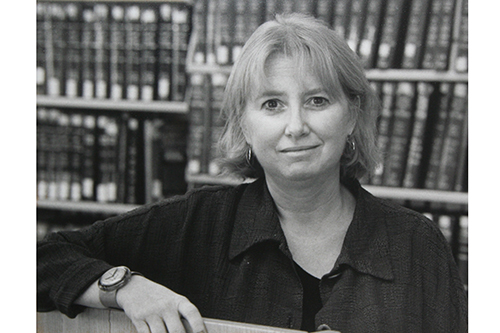
Manuscript of Women, Church, and State: Religion and the Culture of Individual Rights in Nineteenth-Century America
Document Type
Contents
Publication Date
1989
Abstract
The emphasis on freedom or enslavement of the body, and the issues that sprang from that focus, were feminists' contribution to nineteenth-century American liberalism, as well as their link to radical thought. Elizabeth Cady Stanton drew arguments from the realm of political liberty and religious tolerance to make the case for choice in private life. But the vision of individual autonomy in sexual and domestic matters served also as the basis for her definition of citizenship and as a paradigm for relations among citizens and between citizens and the state. Self-ownership was the unifying theme that ran through Stanton's political development; it described for her the only appropriate relationship between any individual and her family, community, government, or God.
Recommended Citation
Elizabeth B. Clark, Self-Ownership and the Political Theory of Elizabeth Cady Stanton, 21 Conn. L. Rev. 905 (1989), reprinted in Women, Church, and State: Religion and the Culture of Individual Rights in Nineteenth-Century America (Hendrik Hartog & Thomas A. Green, eds.), https://scholarship.law.bu.edu/clark_book/5/.



Comments
Originally published as Elizabeth B. Clark, Self-Ownership and the Political Theory of Elizabeth Cady Stanton, 21 Conn. L. Rev. 905 (1989).